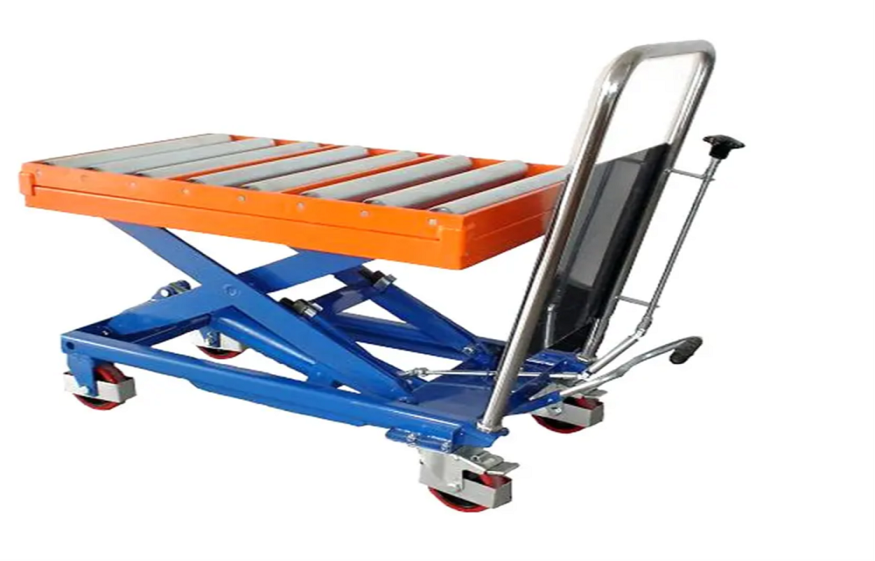Wills in Dubai vs Wills in Abu Dhabi: What’s the Difference?
For expatriates in the UAE, estate planning raises a fundamental question: Where in the UAE should you register your Will? While both Dubai and Abu Dhabi have strong legal frameworks that allow non-Muslims to secure their assets and ensure that their intentions are carried out, the processes, jurisdictions, and governing principles differ significantly.
This article takes a closer look at the legal distinctions between Wills in Dubai and Wills in Abu Dhabi, helping you make an informed decision about which option is best suited for your circumstances.
Why Wills matter in the UAE: The context
The UAE resorts to Sharia principles by default for all inheritance-related matters. What this means is that without a properly drafted Will, assets and finances in the UAE could be distributed according to fixed Sharia principles as opposed to an individual’s personal wishes or rules set by their home country. Bank accounts can be frozen, guardianship of children can become a source of controversy, and families may face lengthy court proceedings.
Both Dubai and Abu Dhabi have introduced legal structures for non-Muslims to register Wills that supersede the automatic application of Sharia law. These frameworks provide legal assurance, but the possibilities vary from one emirate to another.
Wills in Dubai: Options and jurisdictions
DIFC Wills Service Centre: (DIFC WSC)
The DIFC Wills Service Centre provides a common law framework that expats from several countries, including Australia and Canada, are familiar with. Wills registered here can cover assets located in Dubai and Ras Al Khaimah.
Dubai Courts Notary Public:
Dubai Courts also allow non-Muslims to register Wills under the UAE Civil Law system.
While effective, the process is typically in Arabic, requiring legal translation. Wills here may be susceptible to a tighter interpretation of local laws, especially in matters related to cross-border scenarios.
Abu Dhabi Judicial Department (ADJD Wills Registry)
In contrast to Dubai’s dual system, Abu Dhabi offers a more streamlined approach by virtue of the Abu Dhabi Judicial Department (ADJD Wills Registry). This framework allows non-Muslims to register Wills directly with the ADJD.
Unlike DIFC Wills, Wills registered here can cover assets across all 7 emirates. Proceedings are primarily conducted in English, which is beneficial for expats.
One of the prime advantages of an ADJD Wills is its nationwide jurisdiction. This makes it a preferred option for individuals who hold assets across the Emirates, such as bank accounts in Dubai and property in Sharjah and investments in Fujairah.
Key differences between Dubai and Abu Dhabi Wills:
While most emirates seek to preserve the interests of the testator, their approaches vary. Here are some of the most obvious differences:
Jurisdiction and coverage: DIFC Wills cover assets in Dubai and Ras al Khaimah only. ADJD Wills covers assets across all emirates.
Legal framework: DIFC Wills operate under common law principles, which most expats are familiar with. Dubai courts and ADJD Wills typically operate under UAE Civil Law but have adapted in recent times to permit non-Muslim inheritance planning.
Language preferences: DIFC Wills are drafted in English. Dubai Court Wills are mostly written in Arabic and require translation. ADJD Will proceedings are primarily in English with Arabic translation as an option when required.
Cost and accessibility: DIFC Wills are usually the more expensive option, as the registration costs are typically higher. Wills in Abu Dhabi are more economical in terms of pricing, with the added benefit of offering nationwide coverage. Dubai Courts’ Wills are lower in price but have their own limitations and are less versatile.
Which option is the best fit for you?
If price is not a concern and your assets are based in Dubai or Ras al Khaimah, then a DIFC Will may be the best fit.
If you have assets spread across the Emirates, then an ADJD Will could offer broader coverage under a single framework. For the most cost-effective solution within Dubai itself, the Dubai Courts Wills may provide adequate coverage.
In the end, the best way to decide on where you should register your Will comes down to a few crucial elements. The geographical location of your assets, the legal framework you want to opt for, and your language of preference. Consulting an expert who specializes in estate planning within the UAE can ensure that your Will is properly registered and implemented.



